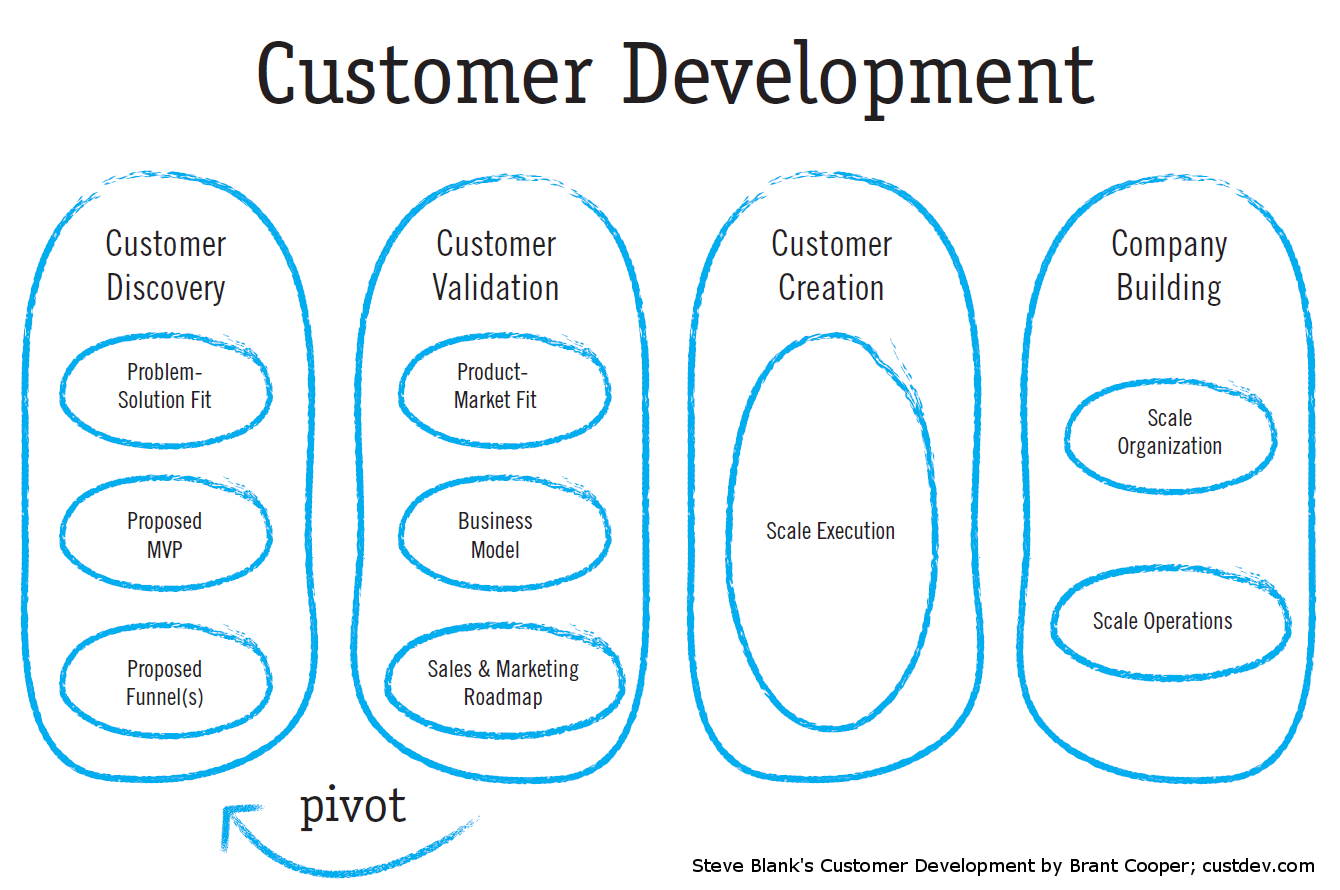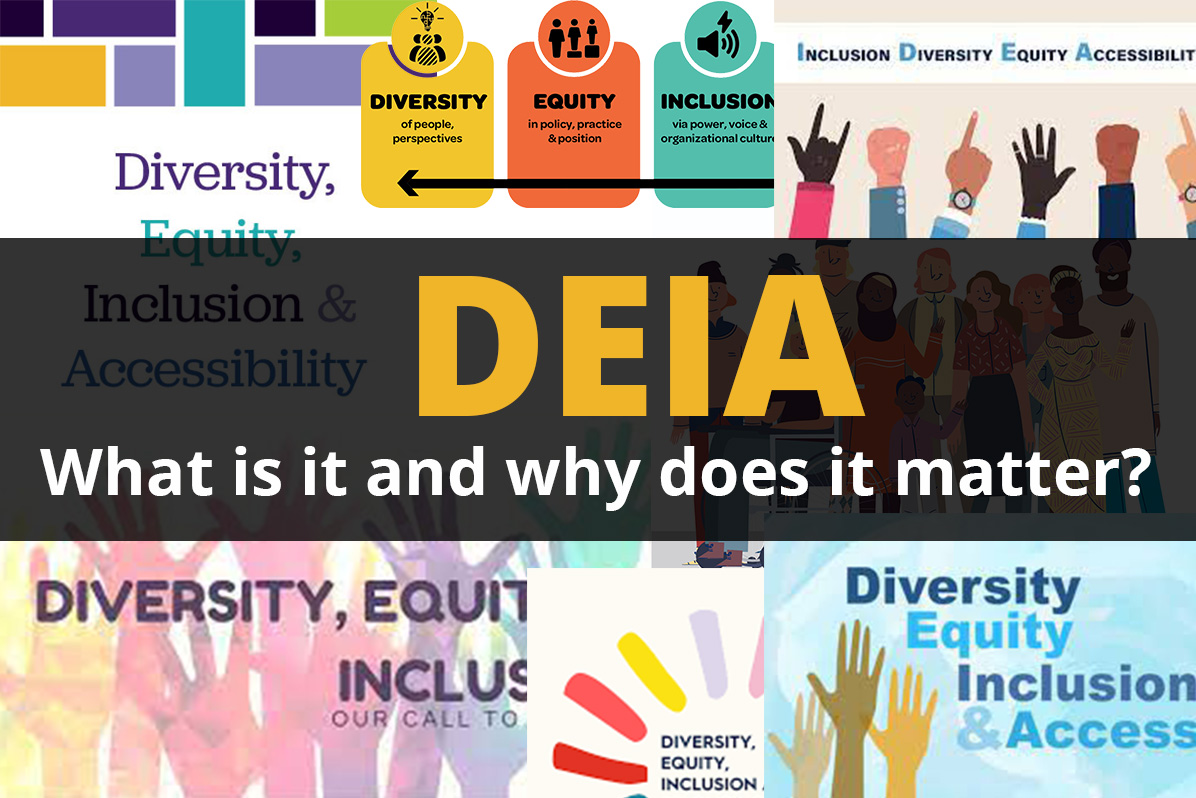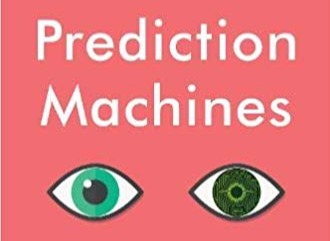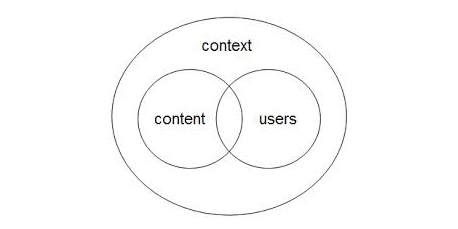The Customer Discovery Process and the Talent Challenge
Read More
Tom Marsh
Tom has served as CEO of Bintel since cofounding the company in 2019. Before that he was COO of ai-one inc. where led the projects for NASA Marshall, SwissRe, Boeing and FedEx. For the past 15 years he has specialized in artificial intelligence applications for enterprise and government with a critical integration of Subject Matter Experts, AI, data, and visualizations. For FedEx this included topic classification and visualization of customer experience data collected weekly from survey data on FedEx.com. A project with an Army military intelligence group involved the development of a sophisticated intelligence platform that included GEOINT and provided situational awareness for an allied military. His current mission is to bring that caliber of solutions to counties in the West.
Recent Posts
The Customer Discovery Process and the Talent Challenge
Notes from the CEO’s Desk – Looking to Finish Strong in 2022
DEIA – What is it and why does it matter?
AI ROI is from Lowering the Cost of Prediction
With the constant stream of articles, books and buzz over artificial intelligence, CEOs are under pressure to launch AI initiatives. And while AI has been around for decades, odds are slim that a CEO has any experience with this technology and/or how to assess the potential or manage and measure the return on an AI initiative. Bridging the gap between the transformational claims of AI proponents and the pragmatism of the AI “how to” guides is Ajay Agrawal’s book.
Read More
Small Data Good, Big Data Sometimes Bad
I was hit with three articles this morning that cut right to the heart of some work we’re doing on domain specific knowledgebases. AI projects require data, domain expertise, good applications developers and the right combination of AI technology.
Read More
Better Guidance Starts With Better Forecasting
Happiness comes from exceeding expectations.
Happiness causes your stock price to go up.
Happy investors are a good thing.
Read MoreContext, Then Concepts, Words Last
Since Robert Scoble and Shel Israel just released their new book The Fourth Transformation, I decided to revisit Age of Context, a global survey of the contributions to the forces influencing technology. The five forces were mobile, social media, data, sensors and location. Scoble called these the “five forces of context”, the future of computing. The five forces are still there but hardly tamed and in the rear view mirror.
Read MoreGood Concept Detection Requires an 'Almost Engine'
How many geese in this picture? You didn't need to count. Your answer probably contained the words “approximately”, “average”, “almost”, “sort of”, "guesstimate" or “about”. One of the most powerful features of your brain is that it does not treat language as math, a series of binary yes or no formal constructs. Humans are masters of writing the same idea in many ways, understanding what you meant even if you didn't say it perfectly. You also know when someone is being so careful with their words, they're lying (we're all tested on this one daily). This critical skill is used by analysts all the time.
Read More










